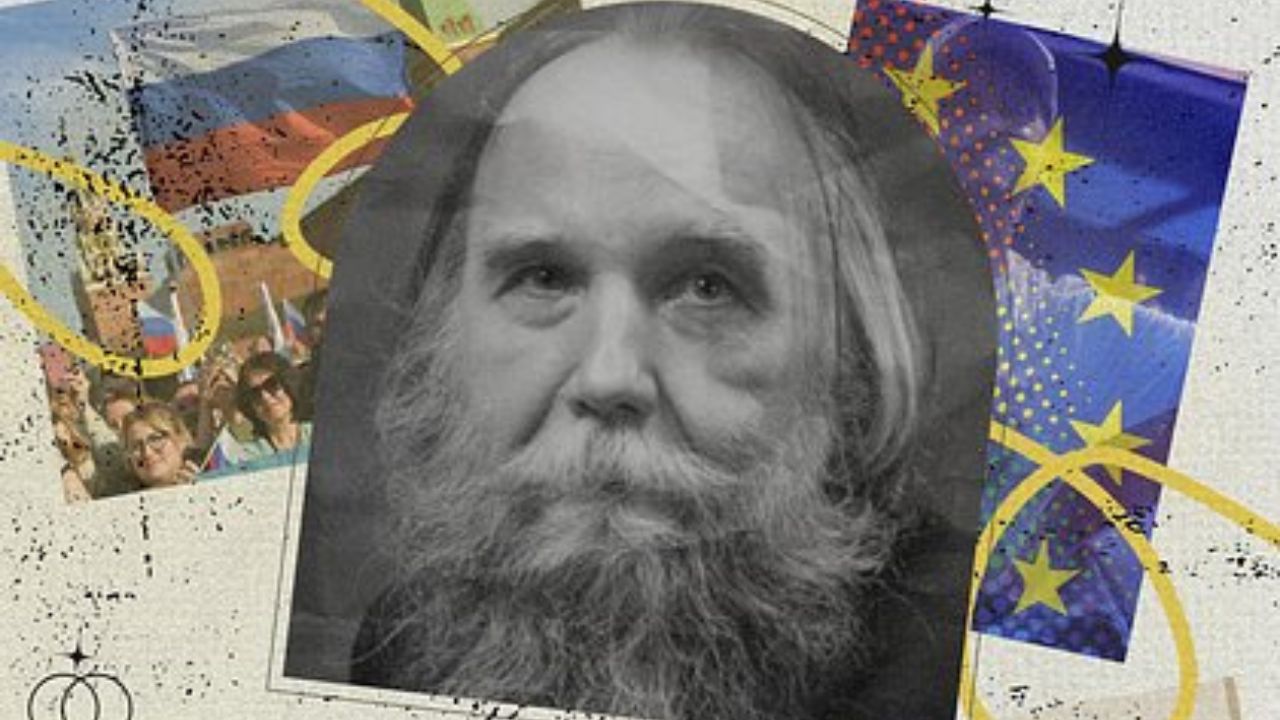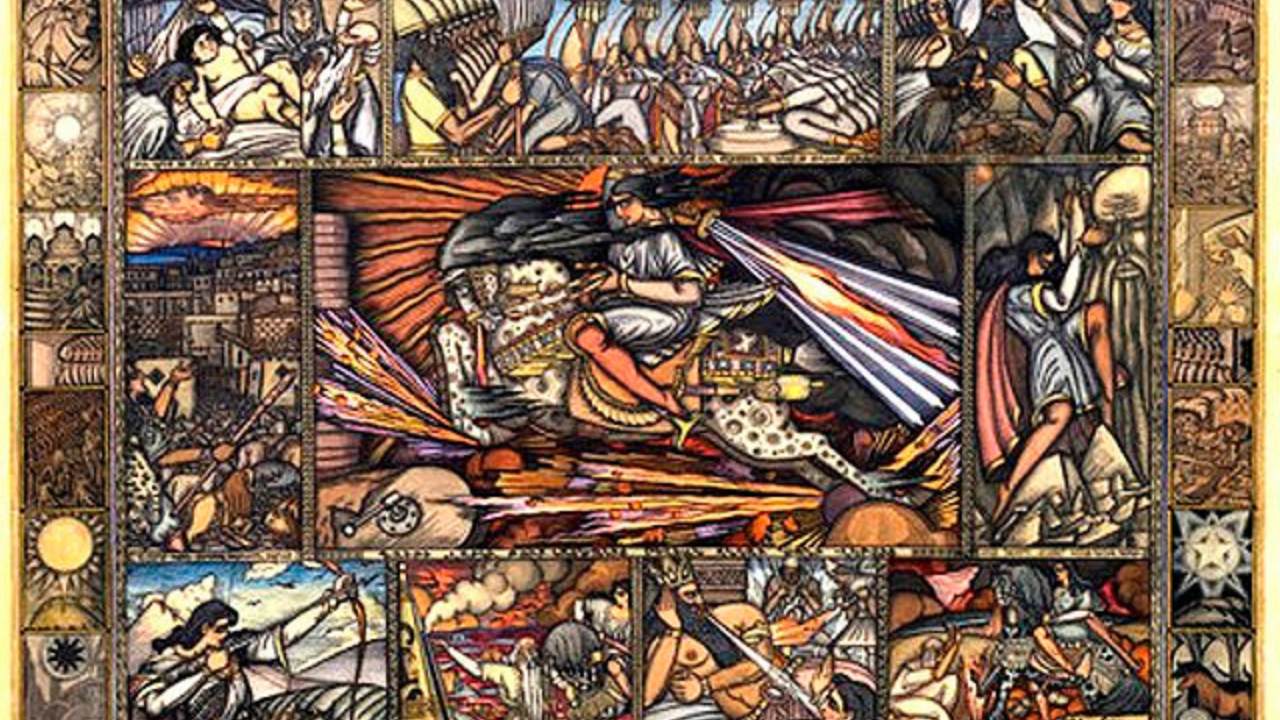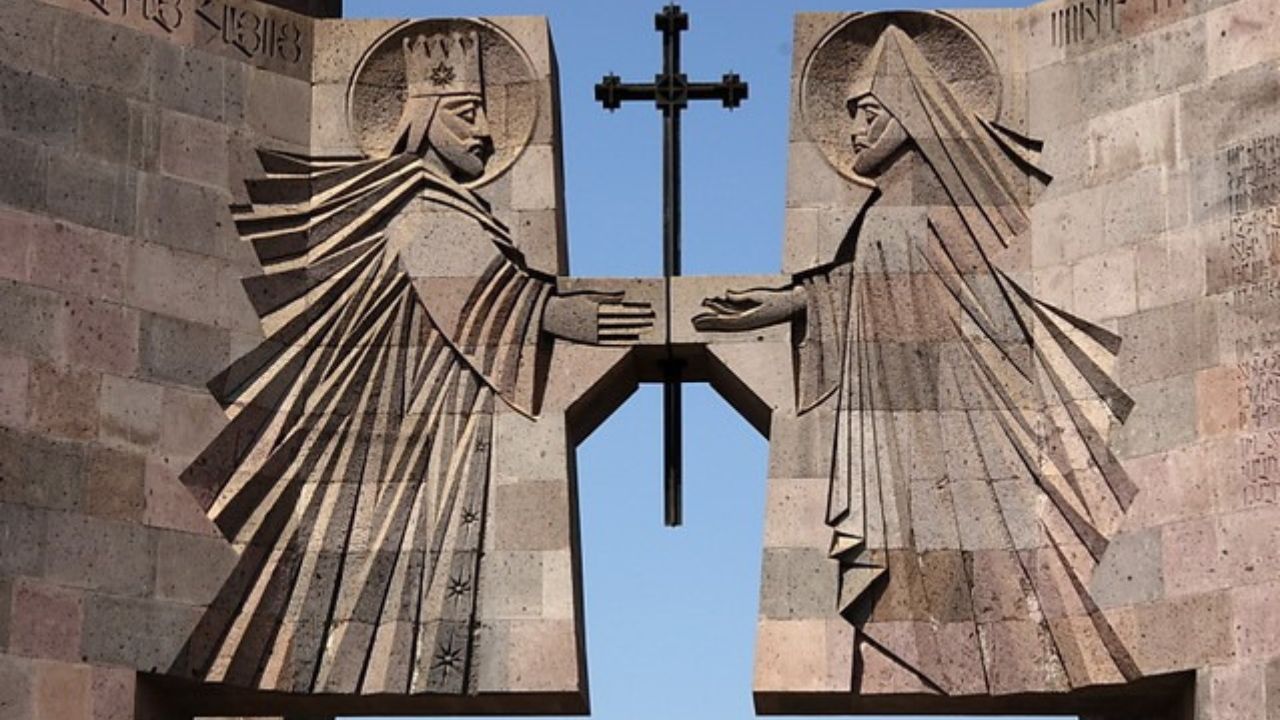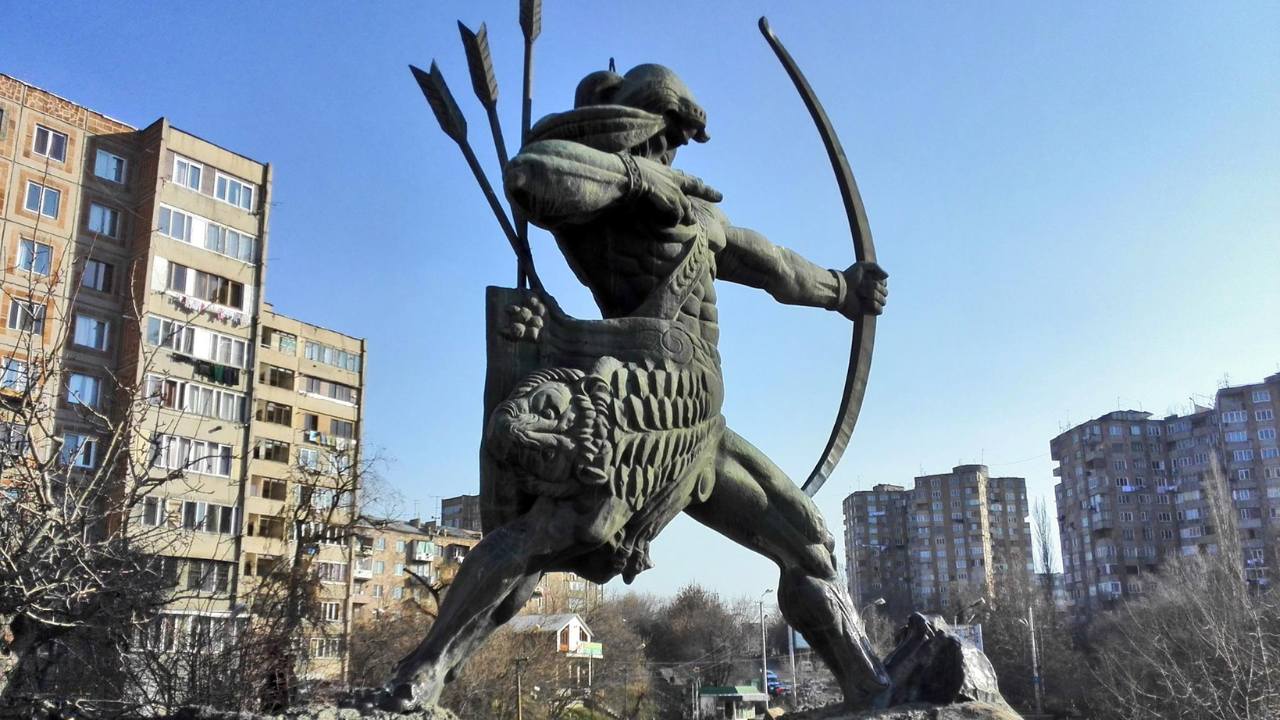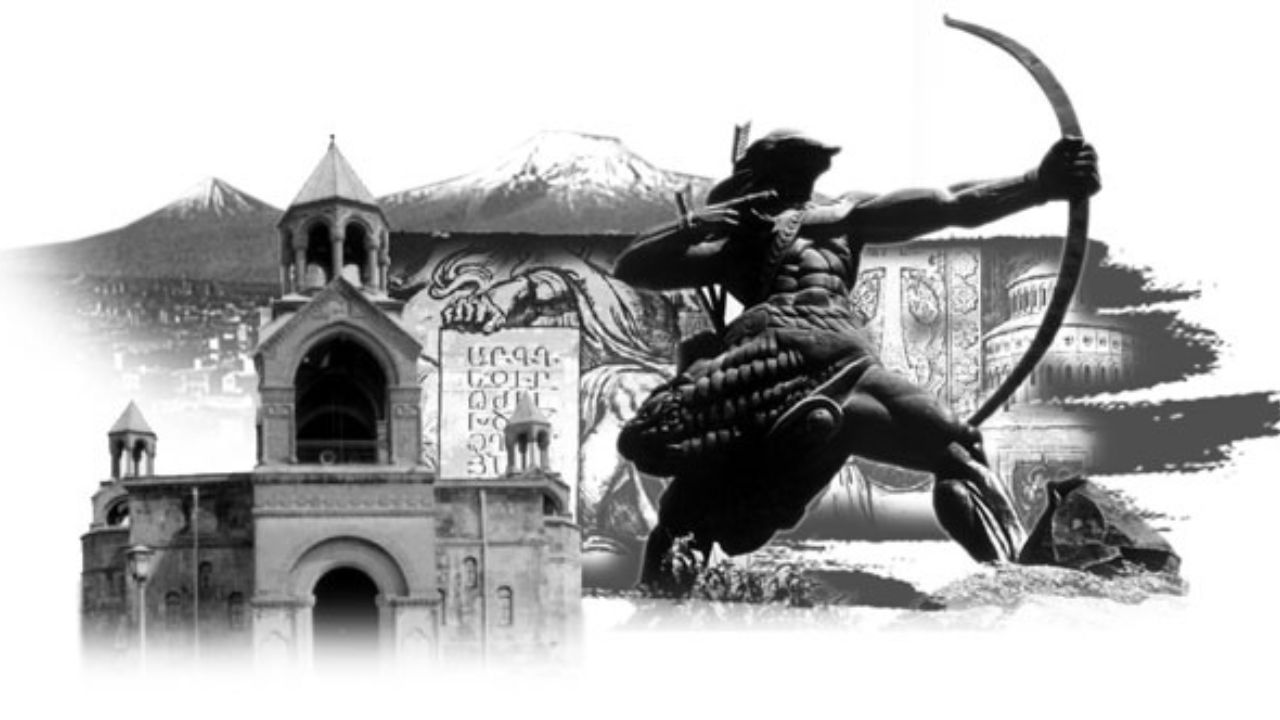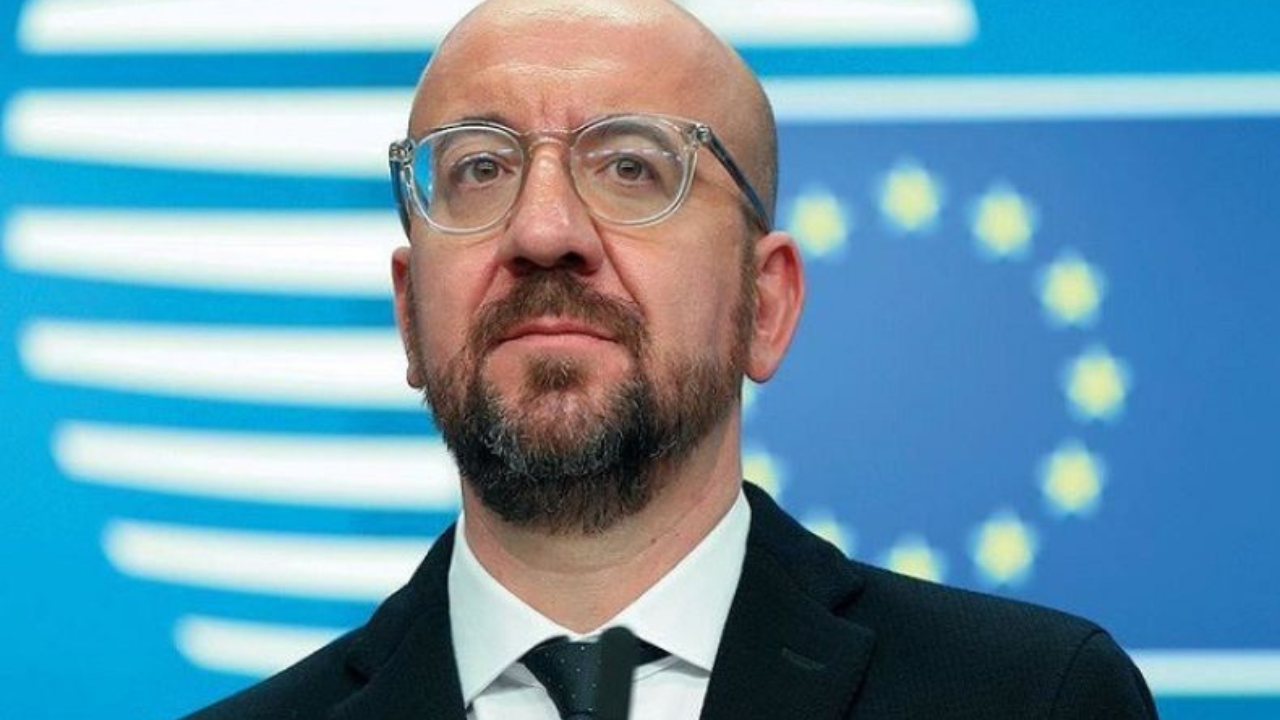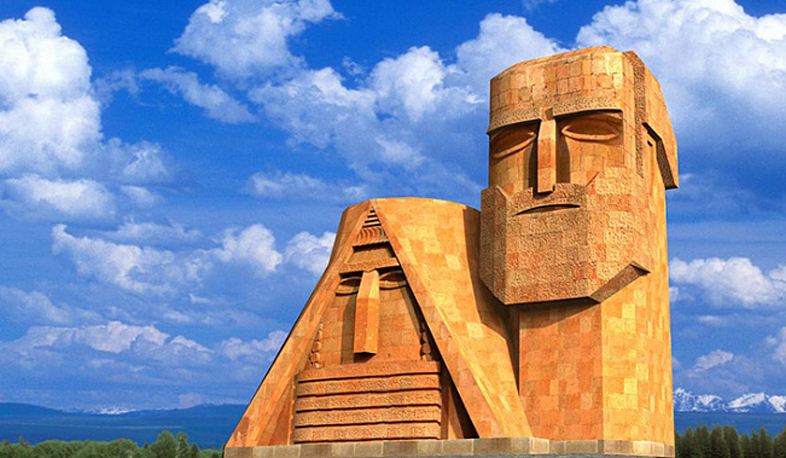
Viewpoint
The Decline of Dugin’s Eurasianism
This article examines the context of Russian philosopher Alexander Dugin’s...
Education and Culture
Humans have always strived for knowledge. Even the biblical episode of the forbidden fruit, among other issues, reflects mankind’s “inclination” to learn new things and understand the unknown.
Strength and Potential
Today, as in the past, we must once again re-evaluate and accurately define the concept of strength in the context of the Armenian nation and state.
Faith, Homeland, State
From a spiritual standpoint, the mission of the Armenian people – who embraced Christ’s teachings through the Apostles and were the first to adopt Christianity as a state religion—is centered on the salvation of both the individual and the nation.
Armenian National Ideological Standpoint. The Path of Hayk and the Path to Hayk
National identity is the collective consciousness and appreciation of common origins, language, homeland, faith, education, and culture.
On the axiological foundations of the National ideology
Since the restoration of independence in the early 1990s, the challenges that befell the Armenian people, including the loss of Artsakh, the preceding and subsequent events, became the gravest challenge that shook the foundations of the Armenian national-state life and ideology.
Will Pashinyan return from Brussels “with peace for an entire generation”?
A joint meeting between RA Prime Minister Nikol Pashinyan, European Commission President Ursula von der Leyen and US Secretary of State Anthony Blinken is scheduled to be held on April 5, 2024, in Brussels.
“Democratic Standards” by Charles Michel
On March 15-17 the presidential elections were held in the Russian Federation, according to which the incumbent head of state Vladimir Putin received 87,28% of the votes.
The Karabakh problem as a gap in the ideological doctrines of the RF and the USA/West
Today, the world is again on the verge of global upheavals, which is signaled by the situation happening with a handful of surrounded and blockaded people, who wish to live freely on their land in line with their values and traditions
as it has been for millennia.
